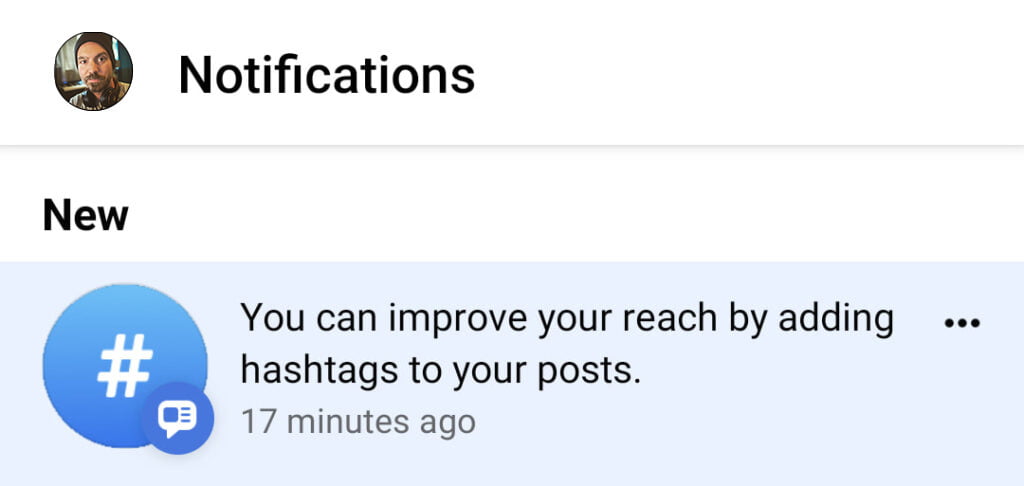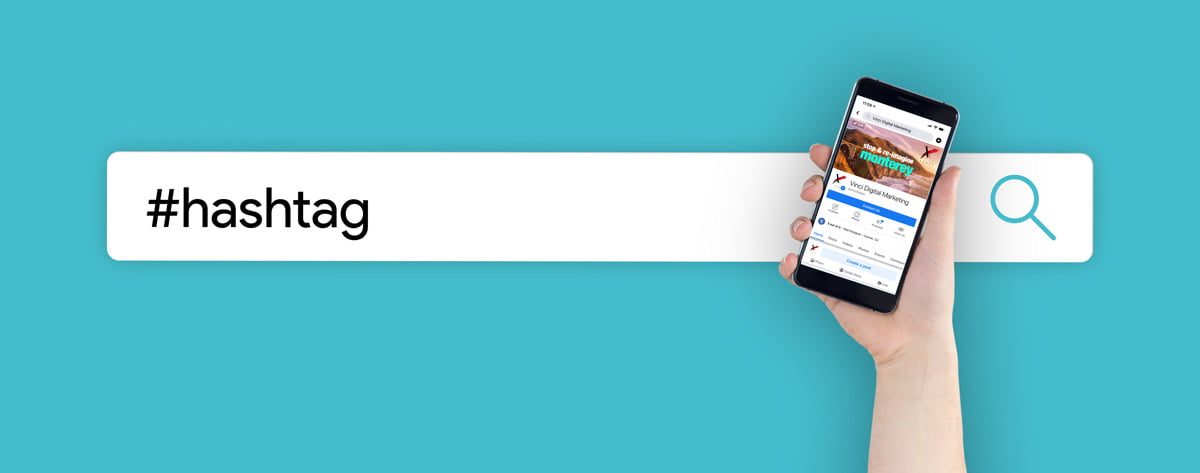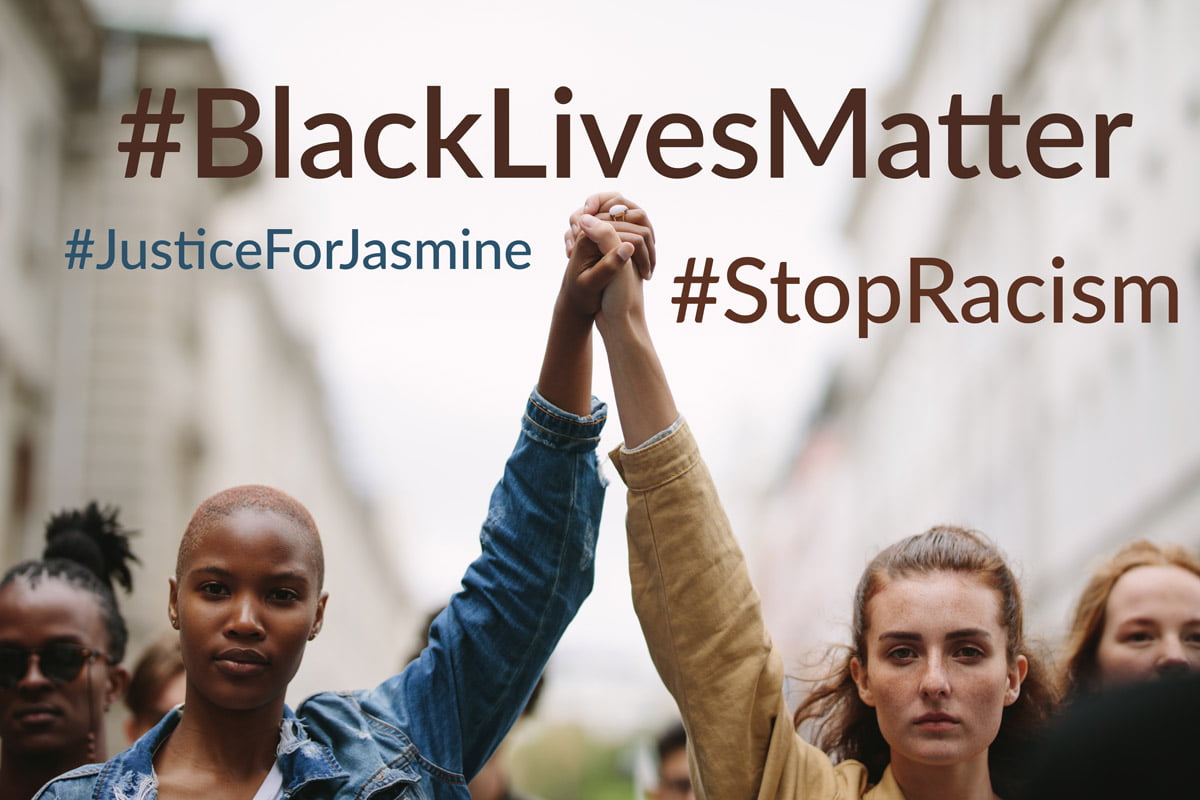Hashtags may feel like an integral part of the modern internet experience, but they weren’t a big deal until Chris Messina introduced them to Twitter in 2007. Users quickly embraced this shortcut’s convenience, making it possible to pinpoint messages based on a specific topic. Since then, the hashtag has revolutionized the way we surf the web. It’s also imparted a massive influence on social media marketing. While the hashtag continues to play a prominent role on Twitter and Instagram, its presence — or lack thereof — on Facebook Hashtag metrics have proven more of a mystery. Over the years, the social media giant has made hashtags a critical aspect of the discovery process. Still, to no avail: from the outset, users have been slow to include hashtags in posts or even use them for searching.
However, that’s all about to change as Facebook is now making a renewed effort to bring hashtags into the fold. Could this finally be the golden opportunity for the elusive Facebook hashtag to shine?
Why Customers Are Reluctant to Use Hashtags on Facebook

Some struggle to integrate hashtags into the Facebook experience derives from its prior success in a hashtag-less world. It is one of the oldest social media platforms and has subscribers that are typically older and less open to new technology. A recent Facebook study by age group shows that less than 20% of all users are under 24. Today, not using hashtags seems inconceivable, even though this social media site had thrived for nearly a decade before it added this searching option to the mix.
After years of hashtag success on Twitter, Tumblr, and several other sites, Facebook finally got on board in 2013. However, users were already accustomed to a hashtag-free existence on Facebook. This comfort with the status quo was evident in a noteworthy BuzzSumo survey conducted a few years after the site adopted hashtags. This study found that posts lacking hashtags enjoyed a broader reach.
The general reluctance to incorporate hashtags goes beyond mere comfort with a long-held approach to searching and posting.
Another critical issue: The distinction between open and private networks.
For all its efforts to promote business pages, Facebook remains a relatively privacy-oriented site. Most users prefer to share their lives with a comparatively exclusive group of friends. Hashtags tend to perform better on open social platforms such as Twitter and Instagram, where users are in a constant race to reach as many followers as possible. Hashtags enable them to do just that while also helping them target their message to appeal to specific users.
Facebook may have suffered hashtag disappointment because it attempted to follow the lead of platforms that hold a completely different purpose. Had it tailored its approach to meet its unique strengths or open up user-profiles’ privacy to allow search users to discover new content and profiles, hashtags might be more prominent at this point.
How Facebook Hashtag Metrics Have Helped to Adapt Their Approach

Despite the concerns cited above, Facebook has yet to give up on the hashtag concept entirely. This social media tool is just too compelling to ditch for good! That being said, the hashtag fundamentals that make it such a powerful option on Twitter and Instagram may not be viable on Facebook. Hence, the platform’s latest efforts to adapt hashtags better to meet the needs of its unique user base.
If you currently run a business page on Facebook, you may have observed a sudden push for more hashtags beginning in August 2020. At this time, many business owners observed the following prompt within the platform’s composer: “Add a hashtag to connect your post to a larger conversation.” This message accompanied a drop-down menu featuring several ideas for hashtags. Likewise, Facebook has shared notifications that read, “You can improve your reach by adding hashtags to your post.”

Facebook’s new hashtag strategy also echoes the successful approach utilized by the social media platform TikTok. With TikTok, hashtags serve as both an organizational tool and a call to action, with the most successful relating to challenge videos. For example, #ThePushupChallenge encourages users to post videos of themselves completing 25 pushups to raise awareness surrounding post-traumatic stress disorder, anxiety, depression, and other mental health concerns. This challenge is surprisingly popular on Facebook, where users can appeal to close friends or otherwise reach those who fall outside of TikTok’s primarily Gen Z demographic. With new, challenge-oriented hashtags such as #ThePushupChallenge, Facebook can bring the best of TikTok to a broader user base.
Hashtags have been fundamental in many other online challenges and social awareness issues as well. Here are just a few examples:
- #BlackLivesMatter – After the wrongful death of George Floyd and the ensuing protests over police brutality, the #BlackLivesMatter hashtag blew up the internet. The hashtag first emerged in 2014 and quickly became the centerpiece of the Black Lives Matter movement. On May 28th of 2020, the hashtag was used over 8.8 million times just on Twitter alone to protest police brutality.
- #InMyDenim – In 2018, Guess became the first US-based brand to build a marketing campaign partnered with TikTok and the first company to release a fashion-related campaign on an app platform. The hashtag #InMyDenim was used to encourage followers to show off their best Guess denim looks while using the hashtag. By doing so, Guess compiled over 38 million views and significantly increased visibility in a new audience.
Making the Most of Facebook Hashtag Metrics

While Facebook’s early hashtags made little difference for past marketing efforts, all signs point to better outcomes for the platform’s new campaign. This effort may prove surprisingly valuable for brands that lack a strong presence on Twitter, Instagram, or TikTok. Business owners who are unwilling to place significant effort into these sites can instead optimize hashtag usage to fit the new reality on Facebook. Depending on the brand, this may mean following Facebook’s hashtag suggestions or even incorporating hashtags on posts involving TikTok-style video challenges.
If you’re ready to embrace Facebook’s new emphasis on hashtags, use these suggestions to make them a valuable part of your social media strategy:
Don’t Be Afraid to Experiment — But Remember to Track Facebook Hashtag Metrics

Because Facebook’s hashtag initiative remains in its early stages, it may be worth experimenting with different approaches to determine how, exactly, the platform’s new hashtags can best be implemented to expand reach. As with any type of social media experimentation, this will work best if you know where you stand and how your new approach has influenced your results.
To maximize insights, create objectives for hashtag-oriented posts and track metrics closely to determine whether they perform any better than previous, hashtag-less updates. Consider not only how many “likes” posts with hashtags receive and the number of comments and shares. While hashtags don’t necessarily deliver new followers, you may discover that they dramatically improve current customers’ engagement.
Tailor Your Approach for Facebook

Remember, the types of hashtags that work on Twitter and Instagram may not prove useful for a site geared towards privacy. Instead, strive for a more personal approach, in which followers feel comfortable tagging or otherwise sharing hashtag-oriented posts with their closest friends and family members.
Keep an Eye on Trending Topics

While Facebook trends typically echo those seen on other social media sites, the platform may see greater engagement for some trending topics that aren’t necessarily a big deal on Twitter or Instagram. Likewise, trends that resonate on open platforms may have a limited reach on Facebook. Hence, the value of using hashtag searches to monitor trends specific to Facebook.
Even if you hold off on actively incorporating hashtags in your posts, you can search with them to determine what, exactly, your targeted followers are discussing — and how these topics can be woven into upcoming posts.
Don’t let previous concerns about hashtags on Facebook deter you from using them in the future. With a little experimentation, you may discover that these revolutionary yet straightforward social media tools make all the difference for your Facebook presence. This is your opportunity to gain an early edge on the competition — don’t let it go to waste.
If you’re ready to bring a cutting-edge approach to your social media campaign and learn more about Facebook Hashtag Metrics, be sure to get in touch with the talented team at Vinci Digital Marketing. We’re committed to remaining at the forefront of social media outreach. Contact us today to learn more about our social media marketing and advertising services.
PS: What are you doing to distinguish your brand on Facebook? Leave a comment to let us know!











